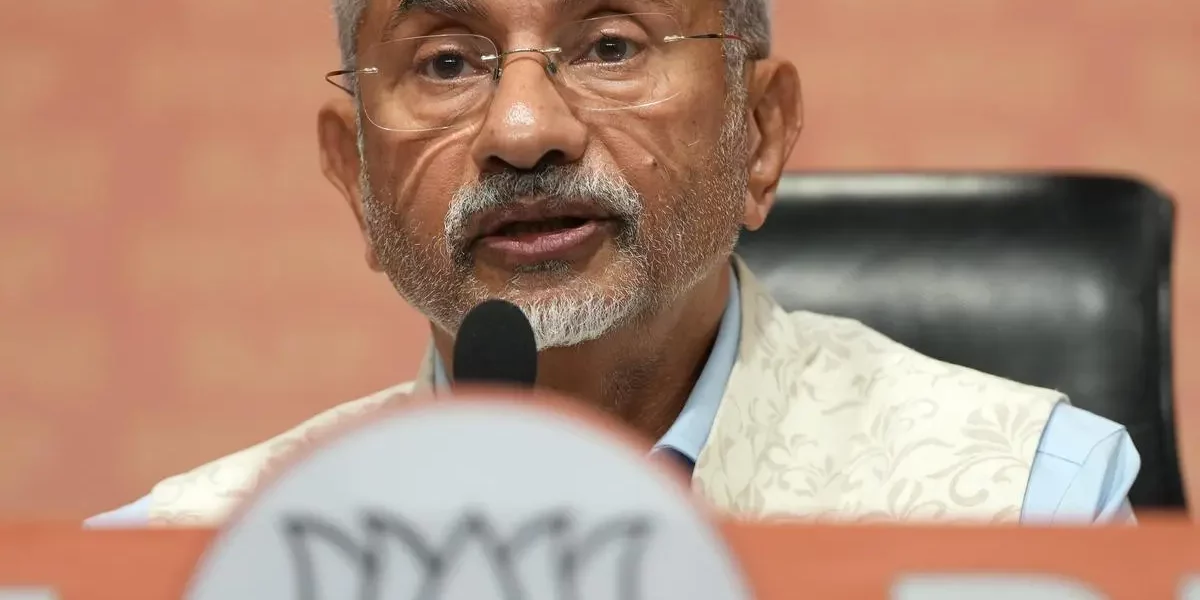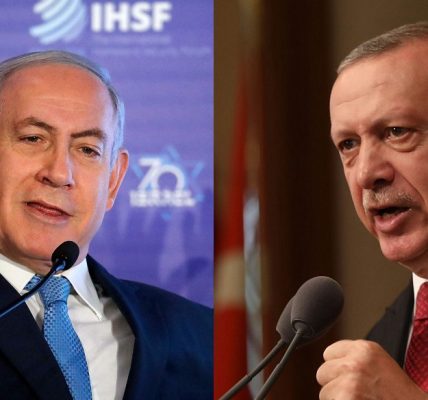Vibrant blue waters, serene beaches, and a long-standing border dispute – welcome to Katchatheevu. Nestled in the Palk Strait between India and Sri Lanka, this tiny island has been the center of a contentious territorial dispute for decades. As boats traverse these waters for fishing and trade, tensions run high, with both countries laying claim to the island.
In recent years, the controversy surrounding Katchatheevu has escalated. From fishermen being arrested for straying into disputed waters to diplomatic negotiations and legal battles, the issue remains a hotbed of contention.
But what exactly is the root of the Katchatheevu dispute? Why has it become such a thorny issue between India and Sri Lanka? Are there any potential resolutions on the horizon? In this article, we delve into the historical, political, and economic dimensions of the Katchatheevu controversy, shedding light on the complex factors driving this longstanding dispute.
Join us as we navigate the choppy waters of this longstanding conflict, exploring the impact on local communities and examining the possibilities for resolution. Discover the fascinating story of Katchatheevu and unravel the web of controversy surrounding this tiny yet significant island.
Page Contents
- 1 Historical background of the Katchatheevu controversy
- 2 Legal status of Katchatheevu
- 3 India-Sri Lanka agreements related to Katchatheevu
- 4 Fishing disputes and the Katchatheevu controversy
- 5 Impact on fishermen and fishing communities
- 6 Political implications of the Katchatheevu controversy
- 7 Efforts to resolve the Katchatheevu issue
- 8 Current status and future prospects
- 9 Conclusion
- 10 Author
Historical background of the Katchatheevu controversy
The origins of the Katchatheevu controversy can be traced back to the colonial era. During the British rule, the island was administered by the Ramanathapuram district of the Madras Presidency in India. However, when India gained independence in 1947 and Sri Lanka (then known as Ceylon) followed suit in 1948, the status of Katchatheevu became ambiguous.
In 1974, a controversial agreement was signed between the Indian Prime Minister Indira Gandhi and Sri Lankan Prime Minister Sirimavo Bandaranaike. The agreement, known as the “Indira-Sirimavo Accord,” ceded the island of Katchatheevu to Sri Lanka, sparking widespread protests in India. Many argued that the agreement violated India’s sovereignty and disregarded the historical claims of the wdbos Indian fishermen who relied on the island for their livelihoods.
Despite the protests, the Indian government ratified the agreement in 1976, recognizing Sri Lanka’s sovereignty over Katchatheevu. This decision further intensified the dispute and laid the foundation for the ongoing controversy.
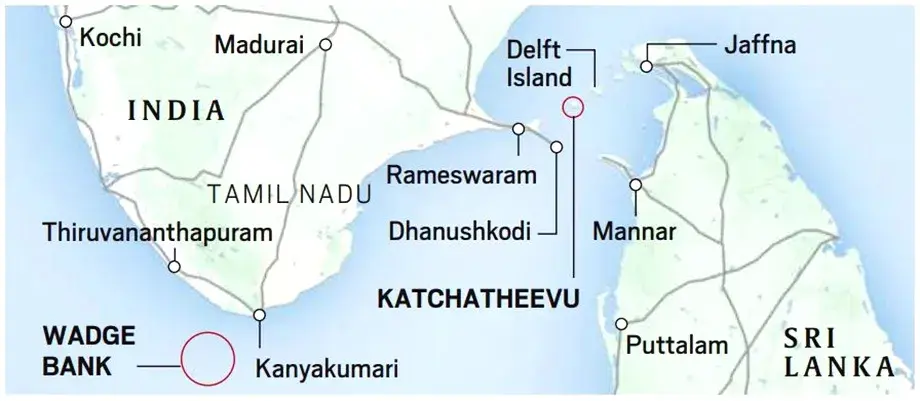
Legal status of Katchatheevu
The legal status of Katchatheevu has been a subject of debate and contention. While the 1974 agreement seemingly transferred the island’s ownership to Sri Lanka, Indian fishermen and political parties have challenged its legality. They argue that the agreement violated India’s constitutional provisions and was not ratified by the Indian parliament.
Additionally, the 1974 agreement did not clearly define the maritime boundary between India and Sri Lanka, leading to continued disputes over fishing rights in the surrounding waters. India’s position is that Katchatheevu should be considered an unsettled maritime boundary, and any final resolution should take into account the rights and interests of Indian fishermen.
Over the years, India and Sri Lanka have signed several agreements to address the issues surrounding Katchatheevu. These agreements aimed to regulate fishing activities, prevent trespassing, and maintain peaceful coexistence in the region. However, their effectiveness has been limited, and disputes continue to arise.
One such agreement is the 1976 Indo-Sri Lankan Maritime Boundary Agreement, which attempted to define the maritime boundary between the two countries. However, this agreement did not address the concerns of Indian fishermen or provide a mechanism for resolving disputes.
Another significant agreement is the 2008 India-Sri Lanka Joint Statement, which established a Joint Working Group on fishing-related issues. The group was tasked with addressing disputes, promoting sustainable fishing practices, and exploring alternative livelihood options for affected communities. Despite these efforts, the Katchatheevu controversy remains unresolved.
Fishing disputes and the Katchatheevu controversy
Fishing disputes have been a major source of tension and conflict in the Katchatheevu controversy. Indian fishermen, who traditionally fished in the waters around Katchatheevu, have faced numerous challenges, including arrests, confiscation of boats, and harassment by the Sri Lankan Navy.
The crux of the issue lies in the overlapping maritime boundaries and the lack of clear demarcation. Indian fishermen often unknowingly stray into Sri Lankan waters due to the absence of visible markers or clear boundaries. This has led to frequent clashes and arrests, exacerbating the already strained relations between the two countries.
The Sri Lankan government argues that Indian fishermen deplete their fish stocks, engage in destructive fishing practices, and encroach upon their territorial waters. On the other hand, Indian fishermen claim that they have traditional fishing rights in the region and that their livelihoods are at stake.
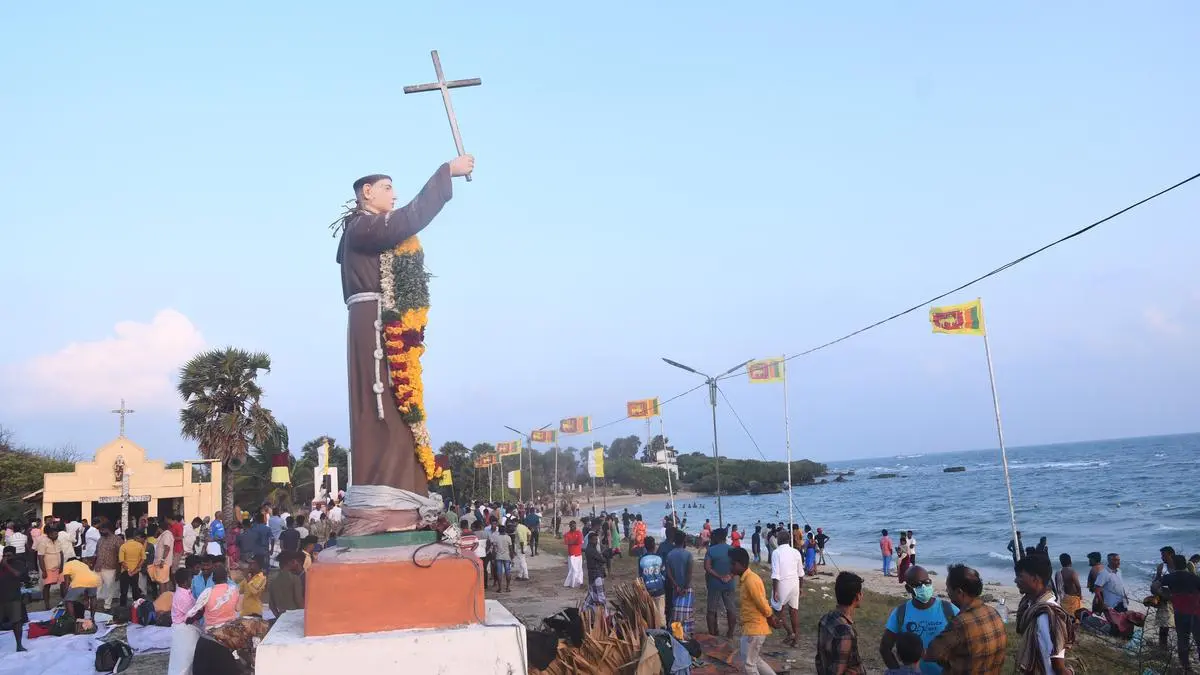
Impact on fishermen and fishing communities
The Katchatheevu controversy has had a profound impact on the lives of fishermen and fishing communities in both India and Sri Lanka. Indian fishermen, who rely on the rich fishing grounds near Katchatheevu, face constant risks and uncertainties. The fear of arrest, loss of boats, and livelihood insecurity loom over their daily lives.
The arrests and harassment by the Sri Lankan Navy have not only affected the fishermen but also their families and communities. Many families have lost their sole breadwinners, leaving them in financial distress. The disruption of fishing activities has also led to economic hardships and social unrest in coastal villages.
Similarly, Sri Lankan fishermen have also experienced the consequences of the Katchatheevu dispute. The competition over resources and the presence of Indian fishermen in their waters have strained their livelihoods. The resulting tensions between the two fishing communities further complicate the resolution of the dispute.
Political implications of the Katchatheevu controversy
The Katchatheevu controversy has significant political implications for both India and Sri Lanka. In India, the issue has been a matter of national pride, with political parties and leaders vying to protect the interests of Indian fishermen. The dispute has become a rallying point for politicians, who use it to mobilize support and exert pressure on the government to take a tough stance.
In Sri Lanka, the controversy has also been a politically sensitive issue. The Sri Lankan government faces domestic pressure to safeguard the interests of its fishermen and maintain control over the island. The issue has at times strained bilateral relations and hindered cooperation on other critical matters.
The Katchatheevu controversy is not only a territorial dispute but also a potent symbol of national identity, sovereignty, and political power. As such, the resolution of this issue requires careful consideration of these complex political dynamics.
Efforts to resolve the Katchatheevu issue
Over the years, various efforts have been made to resolve the Katchatheevu dispute. Diplomatic negotiations, bilateral talks, and joint working groups have been established to find common ground and address the concerns of both countries.
One such initiative is the India-Sri Lanka Joint Working Group on fishing-related issues, established in 2008. The group has held several rounds of discussions to find ways to minimize conflicts, promote sustainable fishing practices, and protect the rights of fishermen. However, these efforts have not yet yielded a comprehensive solution to the Katchatheevu controversy.
Other proposals put forward include the establishment of a fishing zone or a mechanism to allow Indian fishermen controlled access to traditional fishing grounds near Katchatheevu. However, these proposals have been met with resistance and have not gained traction so far.
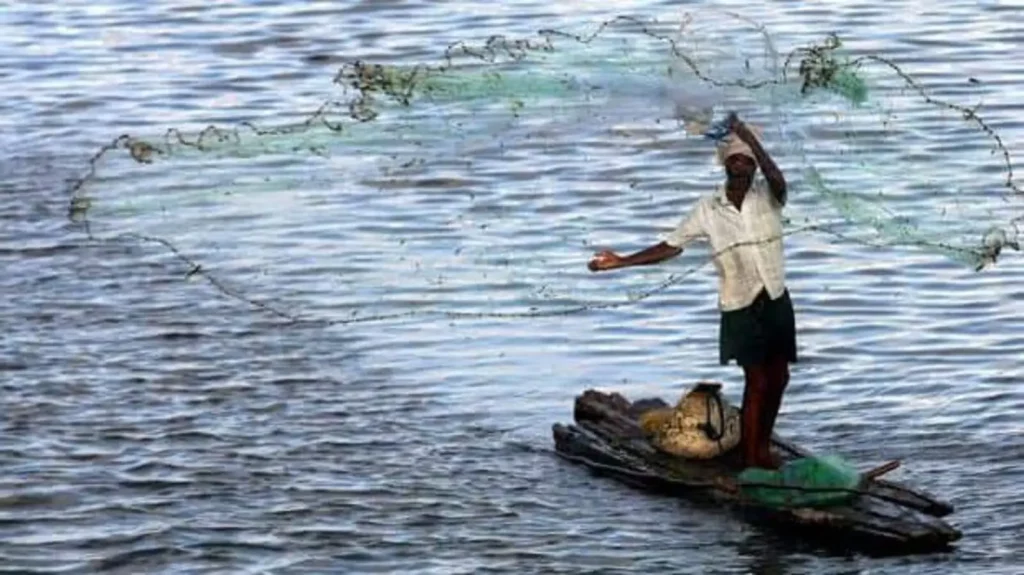
Current status and future prospects
Currently, the Katchatheevu dispute remains unresolved, with no clear resolution in sight. The intermittent arrests, clashes, and diplomatic tensions continue to strain the relations between India and Sri Lanka. The fishing communities on both sides of the border bear the brunt of this unresolved dispute, facing hardships and uncertainties in their daily lives.
The future prospects for a resolution to the Katchatheevu controversy are uncertain. The issue is deeply entrenched in historical, political, and economic complexities, making it challenging to find a mutually agreeable solution. However, sustained diplomatic efforts, dialogue, and goodwill on both sides offer some hope for a peaceful resolution in the long run.
Conclusion
The Katchatheevu controversy is a multifaceted issue that goes beyond mere territorial claims. It involves historical grievances, fishing rights, political aspirations, and the livelihoods of thousands of fishermen and their communities. The dispute has strained relations between India and Sri Lanka, affecting not only the two countries but also the lives of individuals who rely on the waters surrounding Katchatheevu.
If you found this exploration of the Katchatheevu issue insightful, we invite you to delve into our article about City to Move, where we explore another intriguing aspect of our ever-evolving world.

